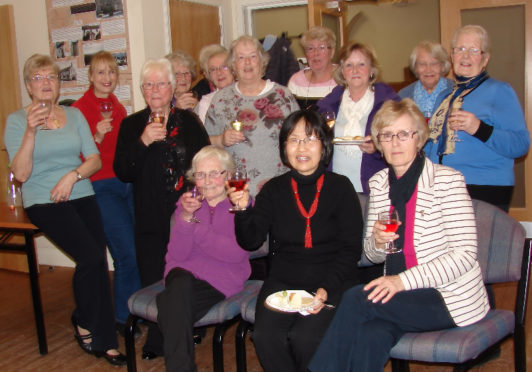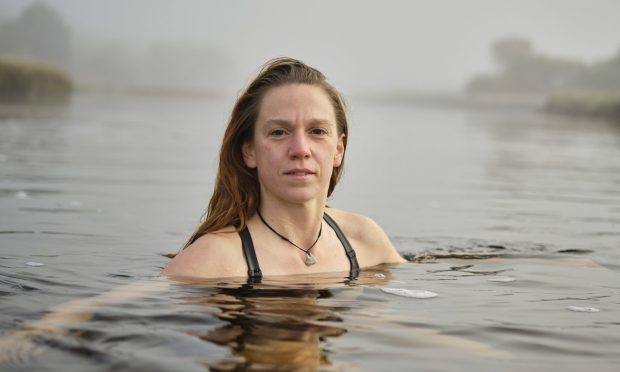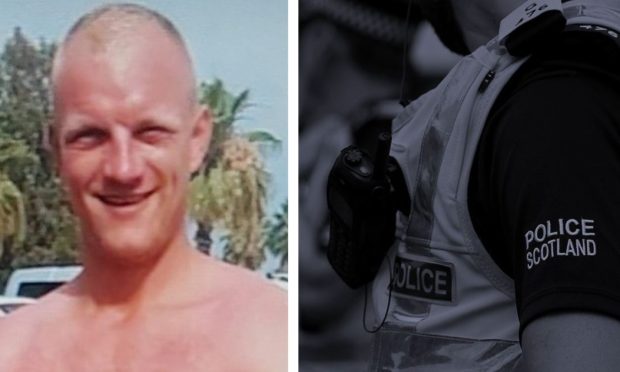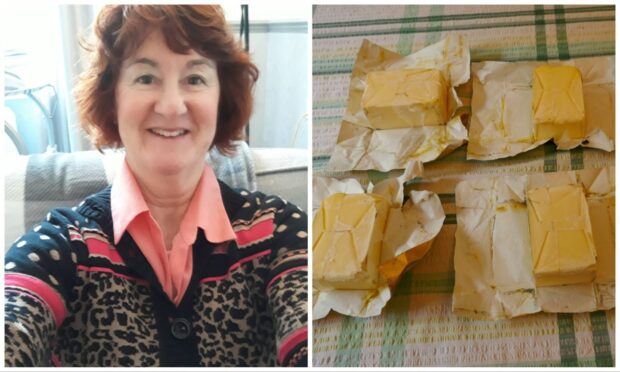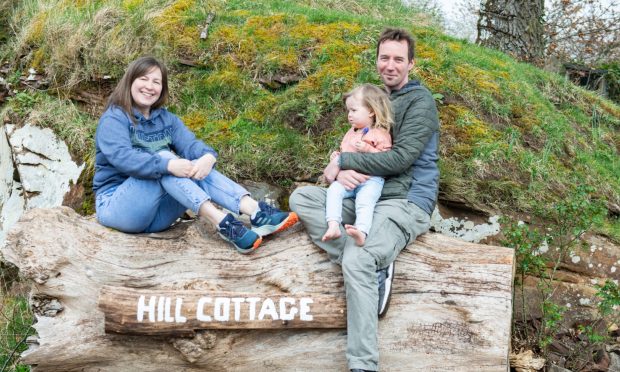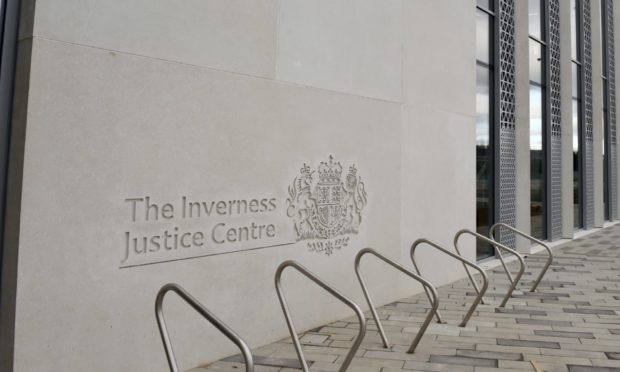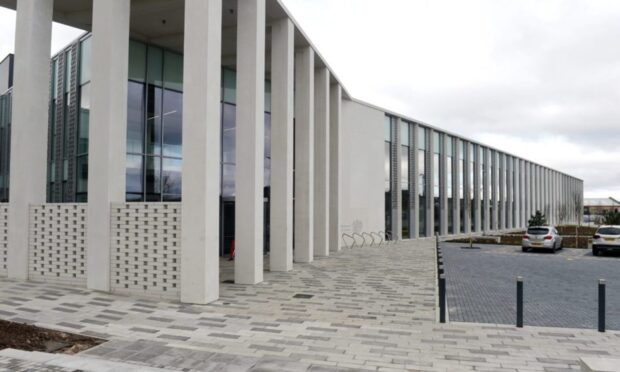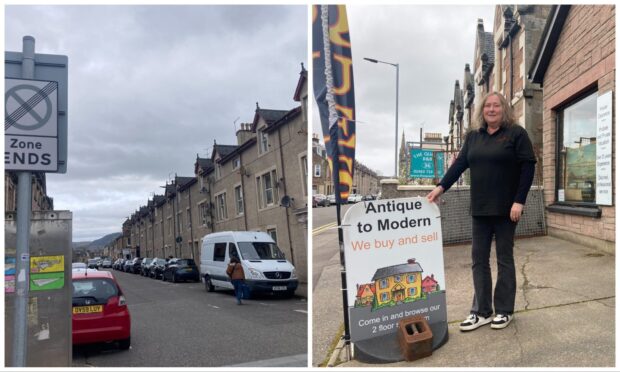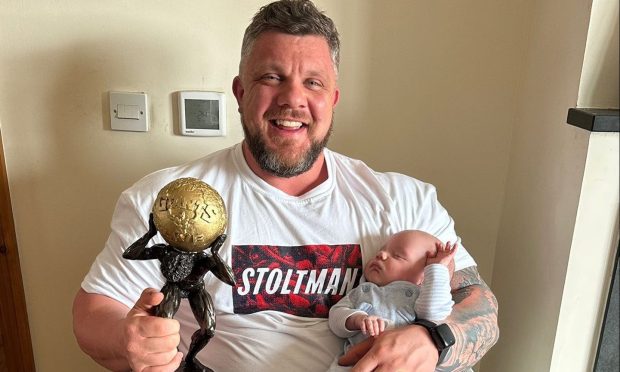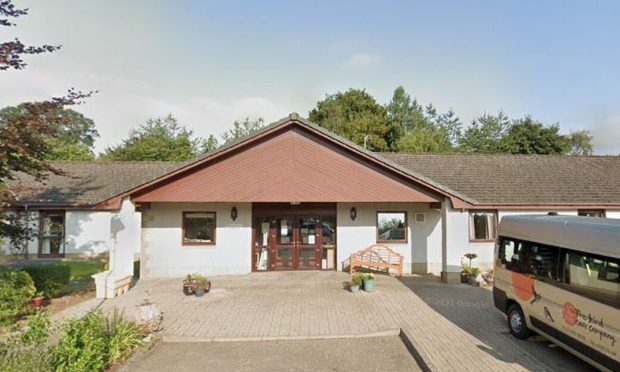In a quiet Highland town, the revolution is coming.
Ladies from the Kingussie branch of the Scottish Women’s Institutes (SWI) have broken away from their mother organisation, citing dissatisfaction with the way the organisation is being driven.
The branch is currently advertising for an injection of new members, under the temporary slogan of “Not the Rural!”.
Member Ailsa Schofield said discontent had been growing for some time, adding: “We have around 25 regular members, the majority of advancing years.
“Every year the subs have been going up and up and we were seeing nothing for it, and they [headquarters] would say they were running various courses – that would be fine if you were able to go down to Edinburgh to do them.
“They were basically taking away about 98% of our annual subscription, £22 per head, which left us with very little to book halls and pay speakers.”
The flames of discontent were also fanned by headquarters’ decision to remove the word Rural from the organisation’s title, originally the Scottish Women’s Rural Institute, often referred to as ‘the Rural.’
“They did it without consulting, and they also redesigned the logo which we’ve had from time immemorial and which is very distinctive, without consulting.”
The defiant Kingussie branch continued to use the old logo, “and our correct name, SWRI”, Mrs Schofield said.
>> Keep up to date with the latest news with The P&J newsletter
The mothership’s distance from the challenges faced by rural branches also rankles.
Mrs Schofield said: “We feel the staff in Edinburgh don’t understand rural issues we live with.
“A combination of all these factors made everyone more and more dissatisfied and we decided we’d probably do better if we were doing it ourselves as a completely separate new entity.
“Next Tuesday we’ll get everybody round the table and ask what they want to do. Then we can make it what people want.”
Linda Reston, chairwoman of Scottish Women’s Institutes said: “It’s sad to see this institute end its connection with the SWI, but we retain a strong presence in the region.
“In the face of a declining membership, changes were introduced three years ago to help attract new members.
“The fee is substantially less than most other member organisations and the headquarters levy of £20 is used for the benefit of all members who are welcome to attend SWI activities.
“It covers general administration, the expenses of running our core programme, and helps subsidise some of the events meaning we can provide them at a very competitive rate.”
Scottish Women’s Rural Institutes first appeared in Scotland in 1917, and by 1922, 224 institutes had been formed.
By 1925 the organisation was headquartered in Edinburgh, and in 1951 bought its own premises in Heriot Row with money raised by members.
But 100 years on, all is not well with an organisation which recognises the need to modernise and attract younger members.
A re-branding exercise in 2015 saw the word Rural dropped from the name, infuriating many members.
Subs were introduced, with the SWI taking £20 per head from membership fees in the region of £22.
The buzz in village halls across the land was the HQ was too greedy and out of touch with its grass roots.
There was even scepticism that the organisation’s general secretary is a man, Raymond Pratt.
Institutes began to trickle away, most reinventing themselves and retaining their subs to invest in activities.
SWI points out that the organisation has 15,316 members in 700 Institutes, with 561 new members joining the organisation during 2017.
SWI chairwoman Linda Reston said the word ‘rural’ was dropped from the organisation’s name to show the modern SWI as inclusive of all women in Scotland, regardless of where they live.
She said: “It does not mean that existing meetings have to change their style or format, or that members may no longer refer to their meetings as ‘The Rural’.
She added: “If there has been any breakdown in communication, office bearers would be more than willing to pay a visit to any individual institute, should it be felt that this would be a beneficial exercise.”
